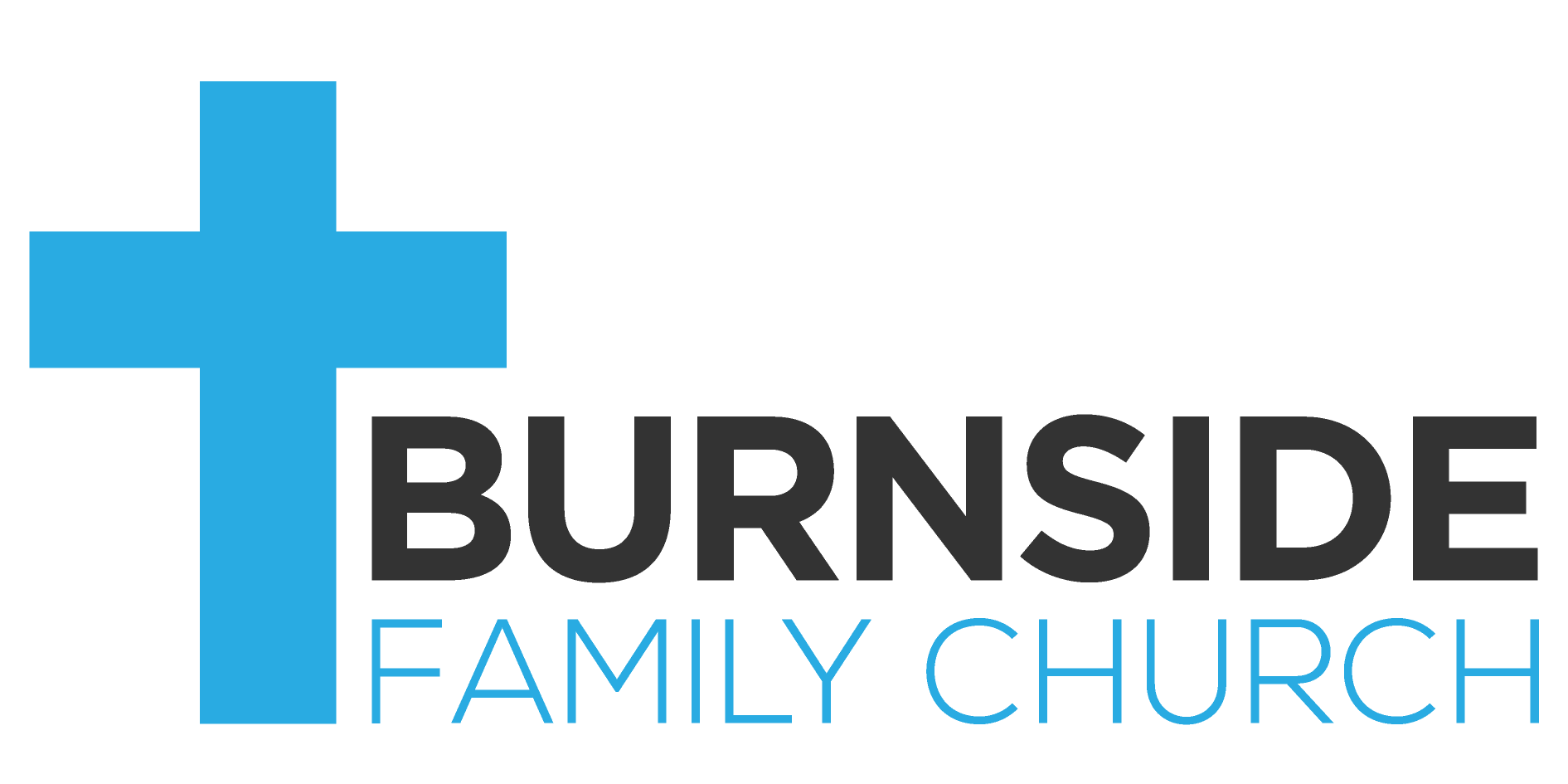Speaking Truth - by Bec Bonython
This week at Connect Group we looked at Genesis 20 about when Abraham lied to Abimelech, as part of our overarching study on Integrity. Please have a read - it's very interesting! It was a great discussion and I want to share with you some of the gems we discovered.
Do you think a little lie is ok? A little white lie? A lie that didn’t hurt anyone? A lie that no-one will ever find out about? What about if I’m lying so that I don’t offend a person (like, saying their food tastes great…. when it doesn’t!), then surely that’s ok! Where do we draw the line of what is an acceptable lie?
The 9th commandment in the amplified version says: “You shall not testify falsely [that is, lie, withhold, or manipulate the truth] against your neighbour (any person).”
Colossians 3:9 says “Do not lie to each other, since you have taken off your old self with its practices.”
So, is the bible saying I shouldn’t lie at all... Yep!
Why does the bible tell us not to lie?
To answer that question we need to look at the reason or motive as to why we lie.
· Maybe we are fearful of the consequence
· Maybe we don’t want to be embarrassed because we don’t know the answer/won’t look good
· Maybe we want to save face
· Maybe we embellishing the truth so that we receive attention or impress others
· Maybe we want control of a situation
· Maybe we are insecure or anxious about what people think of us
· Maybe we are worried we will hurt the person
· Maybe we are feeling guilty of our actions and we need to squirm out of a situation
If we take a step back and self-reflect a little, we come to realise that our motives are actually quite self-orientated, and we usually lie to try and control a situation. Our basic motives tend to come from either shame, guilt or fear.
So, if we take yet another step back, we realise that God the Father, in all His wisdom and love, doesn’t want us to have shame, fear or guilt. He sent His Son Jesus to free from those things on the cross, and instead give us an abundance of grace, forgiveness and love (the antidotes for shame, guilt and fear).
As we continue to grow in an understanding of who we are in Christ - that He loves us just as we are. That we are His. That He is our friend. That He accepts us as we are. That we are called by God and chosen. That we are forever forgiven. That we are worthy of God’s grace. That we are holy in His sight. That we are made exactly how He wants us to be. Then, we can live in reassurance and hope knowing, that even if we face an unpleasant consequences when we tell the truth, that God is for us and He is with us. The result is, that as we decide to trust God in this area of truth telling, we are giving Him control, we are being set free.
Instead of lying, the bible gives us a solution. It says to tell the truth in love (Eph 4:15). Seek God’s wisdom and understanding in the situation. Tread carefully and with love, patience, kindness and gentleness. Be selfless, by taking ownership of the consequences. Believe with all your heart that God is for you and He loves you. Relinquish control to God and trust that He is always faithful to His promises about us.
Blessings,
Bec
